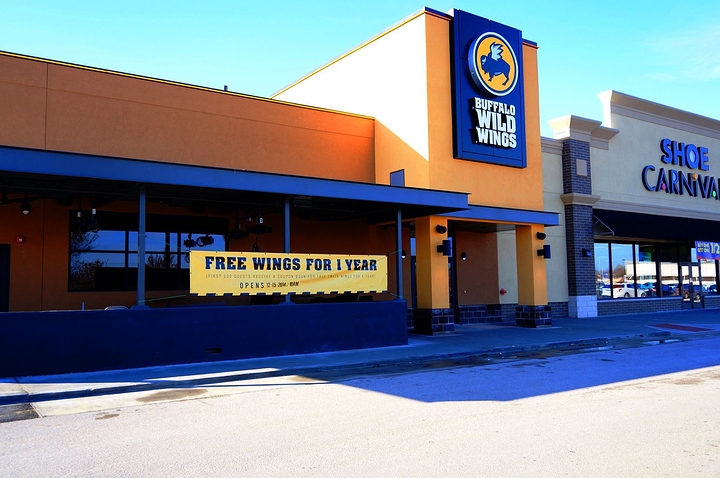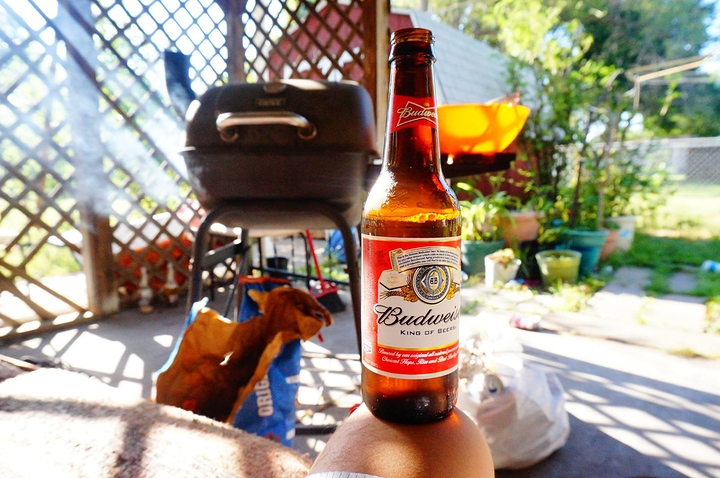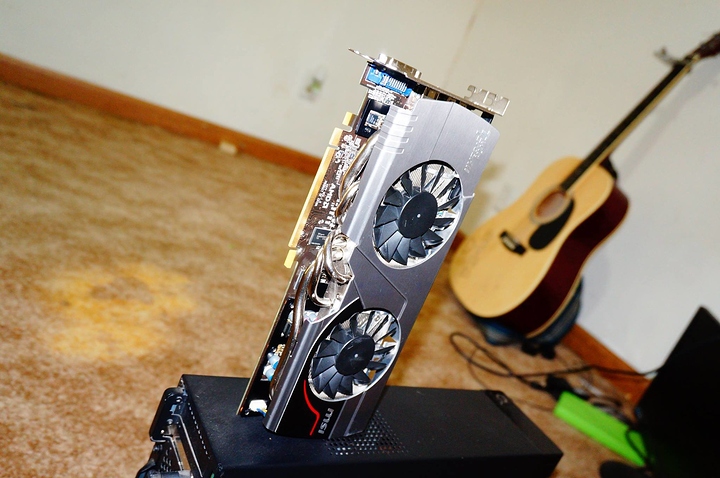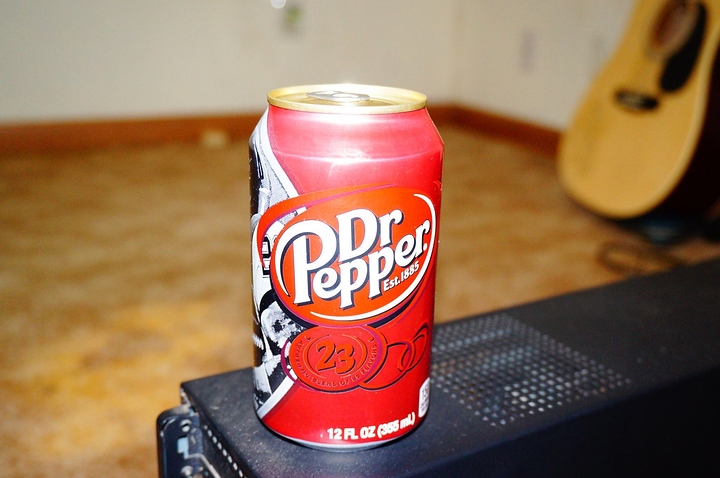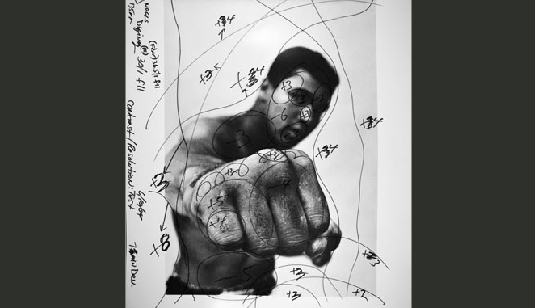Am looking for a Camera that takes high quality pictures, i don't care about video i just want the best quality picture?
Do you already have a nice phone?
Nope
Alcatel onetouch
I have a nvida shield tablet which i think has a nice camera but to bulky to travel with
Well a camera is going to be higher quality than a higher end phone camera.
But if your phone isn't a mid range phone, well it may be useful for you to go the phone with good camera route and get more for your money
I think the shield only has a 5MP camera with most likely no software for things like image stabilization and manual control, but I'd have to look into that
No phone has a real camera. You need a larger sensor and a better lens... Do you just want snapshots or do you want to do real photography?
Oh man its logan :3
Just snapshots
You're in a tough spot here because as @Streetguru suggested, you're not really going to find a better camera than your phone.
So the question becomes, what do you plan on using it for?
It sounds like you want something light to travel with. Something really worth while will be over $200. Which defaults back to your phone.
Do you like or want to use flash? Will you be taking pictures with lots of low light?
The real way to spend on a camera is in the lens, which I would then ask do you want interchangeable lenses? I personally like prime lenses.
Without the answers to these questions and knowing you probably want a slim camera I can immediately recommend:
Fujifilm x10:
This one is selling for $150 which is a really good deal in my opinion. There was an "orb" issue with some of the earlier releases of these cameras and I don't know if firmware upgrades fixed it or not so do your research before you buy.
The cheapest Olympus PEN I found was $300 but allows for interchangeable lenses and is a pretty darn good camera,
And last but not least there is the ebay route. I bet you could find a somewhat new Canon Rebel for pretty cheap, but they are bulkier.
The Zenfone 2 Laser seems neat, fits the budget as well, if you aren't like super serious about your photography, the phone option ain't too bad, the images look pretty solid for the most part and the focus is naturally really fast
-
-
Although at the end of the video he says the Moto G3, or Galaxy J5 are better options in terms of camera performance
i don't need flash the lightening will be fine
I'm really out of touch with $200 point and shoot style digital cameras. I've actually never owned one. The main thing you will lose if you use a cell phone is that nice depth of field... like you can't do this: 
However, a phone is fine for most snapshot photography. The OnePlus 2 is great for photos and you can get one for just a little more than your budget.
I'll let everyone else chime in with compact digital camera ideas... I am just too out of the loop... the last camera I purchased was a USSR-made film camera with fancy lens.
find one with a really low fstop.
There's always Photoshop to touch up phone camera pictures
I don't like expensive phones cause i drop my phone alot XD my phone cost 40$
So ama just pick up the Olympus PEN E-PL6 even though its over i really like its quality
Thanks everyone.
You can pick up a lightly used Sony NEX 3N for that price. That's what I use, and I love it.
They have all kinds of lenses available for it if you're not happy with the stock one that comes with it.
Here are some old pics that I took with it with the stock included lense, just to give you an idea. And I'm definitely not very good at adjusting settings, but I like to think that I did alright... sort of...
Yup. The Sony NEX 3N that I suggested is very much capable of doing that, and it'll be within budget.
That is, IF you don't mind buying a refurb/used unit. Mine was used and it's still kicking after having it for well over a year.
Edit: Well, it WAS within budget, but someone has already purchased the one listed for $199...
I'm not ant-photoshop... but I am anti-photoshop for fixing photography. Do it live, never in post.
Getting everything right in the camera makes post processing much easier. "Never in post" is a bit of the wrong philosophy in my opinion. Every great photographer used post processing because it was literally a part of the processes with film. You had to make decisions about your photographs when you were developing them and printing them to paper. How many seconds of light does the whole sheet get? How many more seconds does his face get? Of course the medium and ease at which this is done has changed, which quite frankly is why I understand a bit where you're coming from. There are horrid HDR photos and color saturation nightmares but burning and dodging is perfectly acceptable and quite frankly a part of the art of photography.
@p3t3or
Holy crap, that's a lot of dodge and burn! I never did that much.
I agree with this, sort of. Things like red eye and ugly shadows should be avoided at all costs, as well as making sure you don't have spots completely over/underexposed. You can't adjust levels for information that isn't there, but sometimes you'll have to work with your dynamic range and/or latitude. The things that you missed when taking the photo should be done as much as possible in the raw editor. Depending on what you want or need to do, it cuts down on the amount of time needed in Photoshop. But I also agree with @p3t3or, in that Photoshop does have its purpose, from the basic to the advanced.
@Ephantum
I don't know what kind of photography you're doing, but if you want to go artistic on a point and shoot, the really high end models do just about everything an SLR can do, just in a smaller size. They're expensive, though. I'd recommend getting those refurbished, if not new. I have a refurbed D3100, and it still works after five years. The only drawback to refurbished is the short warranty. Well used point-and-shoots can jam up over time due to dirt and dust.
I don't know anything about mirrorless cameras, so I can't help you there, other than they can be not very portable with the lens attached (except for maybe a wide angle) and will have a bigger sensor than point-and-shoots, which means potential for better image quality. If you're going casual, there are lots of choices. You're going to have to read reviews, though. I like http://www.cameralabs.com/reviews/digital_camera_and_lens_reviews.shtml, because they're not overwhelming like DPReview, but thorough. Of course, always read from more than one site, as testing methods are different, especially test shoots.

